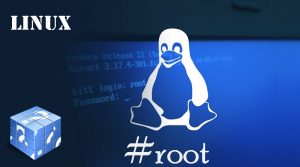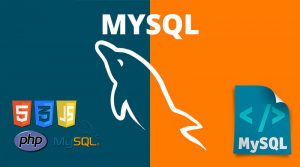CloudLinux supports all the hardware supported by RHEL/CentOS, with few exceptions. Exceptions are usually hardware that require binary drivers, and that doesn’t have any open source alternatives.
Uninstall Cloudlinux
wget https://repo.cloudlinux.com/cloudlinux/sources/cln/cldeploy
sh cldeploy -c
Verify If cloudlinux Installed
/usr/local/cpanel/bin/cloudlinux_system_install -c
after restore back to centos some packages from CloudLinux repo will still be present. They are same as CentOS packages, and don’t have to be removed. now you need make some centos Updates :
Update your CentOS-provided RPMs
yum upgrade -y
Rebuild Apache server
/usr/local/cpanel/scripts/easyapache –build
Reinstall non CloudLinux kernel
yum –disableexcludes=all install kernel
Remove CloudLinux Kernell
rpm -qa |awk ‘/^kernel.*lve/ {print $1|”xargs yum -y erase”}’
Reinstall any CloudLinux provided RPMs that also provided by CentOS
rpm -qa –qf “[%{VENDOR} %{NAME}n]“|awk ‘/CloudLinux/ {print $2|”xargs yum reinstall -y”}’
Downgrade any RPMs provided by CloudLinux to the CentOS version
rpm -qa –qf “[%{VENDOR} %{NAME}n]“|awk ‘/CloudLinux/ {print $2|”xargs yum downgrade -y”}’
Remove any remaining CloudLinux RPMs
rpm -qa –qf “[%{VENDOR} %{NAME}n]“|awk ‘/CloudLinux/ {print $2|”xargs yum erase -y”}’
Upgrade all downgraded CentOS provided RPMs
yum upgrade -y
Reboot the server for Uninstall Cloudlinux
Then you need to reboot server to use the new non-CloudLinux kernel
reboot




